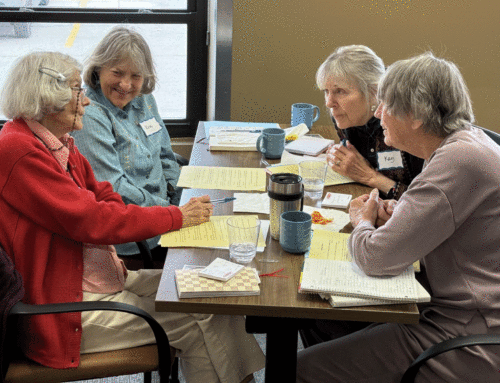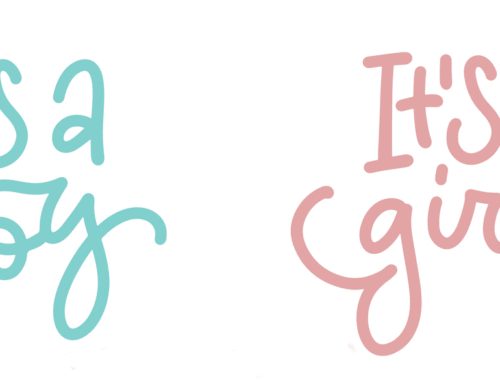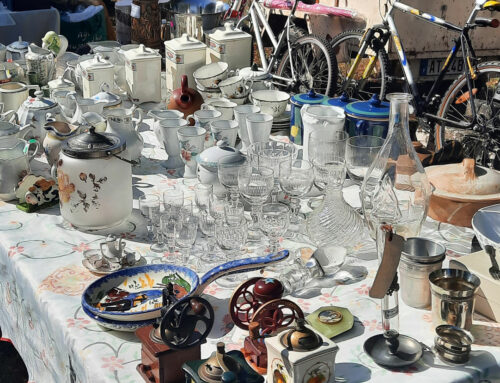Ah, the sweet sounds of January at the Albrecht house: “cough, cough, hack, sneeze, cough, hack.” Yes, the crud has arrived without invitation and looks to be staying past its expiration date.
Jeriann, my intrepid Project Coordinator, is a strong believer in the power of essential oils to repel or lessen the symptoms of the crud. Thus, she has a lovely scent of baked goods about her and is staying reasonably healthy.
Me, I am all about throwing pharmaceuticals in its general direction and hoping something might stick. Better living through chemistry, that’s my motto. But after seeing the success oil regimen, I have been spraying the interestingly named Thieves on every surface. A blend of herbs and other stuff, Thieves seems to be a medieval combination of Clorox and antibacterial wipes in a handy spray bottle. We’re still down with the crud but I am confident its severity has been reduced by the strong smell of cloves.
When I’m sick, I turn into a man. I’m sorry to generalize like this but it’s true. I am reasonably sure I’m dying; I whine, moan and am unpleasant, and no one has ever been as sick as I am. My husband, Mike, on the other hand, won’t take a sick day unless there’s a bone poking out or he’s holding the lung he’s just coughed up. His annoying mantra when there’s blood spurting? “It’s fine. I’m fine.” I’ve got no time for martyrdom. Somebody better bring me a hot beverage and now! And where are the good drugs? I need those too – STAT!
As I ponder dying while coughing and moaning in my sickbed, I realize that I am totally unprepared for the reality of it.
Over Christmas break, I read Atul Gawande’s Being Mortal. It’s an incredible read, especially for someone who lives and dies by fiction. Gawande is a surgeon who talks about the wrenching conundrum that modern medicine has given us – we expect to live forever thanks to amazing medical breakthroughs. They give us the false sense of immortality. I mean, sure, deep down we all know we’re going to die sometime – but not now. Not in the foreseeable future. And even in our 70s and 80s if we’re fortunate to live that long, we still hold out hope for ourselves or our loved ones that this latest setback – be it a fall, a grim diagnosis or similar – is not a death knell. Surely there is something else we could do to extend life, regardless of the cost?
I’ve watched friends go through horrific treatments to beat back aggressive cancers. Treatments that made them wish they would have died; they were that awful. Some made it to the other side, mostly intact physically but forever changed mentally. Then there are those who, despite a terminal diagnosis, tried every experimental treatment available, in the face of gruesome side effects and the inevitable outcome. The process quite literally destroyed them and their family and friends were deeply scarred and guilt-ridden, thinking of their last days.
Gawande’s gentle but fierce point is that maybe medicine can extend your life (or a not-so-reasonable facsimile of it) but should it? What kinds of conversations should we be having with each other and our physicians that gets to the bottom of just to what extent do we want our lives lengthened? And when we say lengthened, is that days? Months? Years? Usually, it’s months at best. But the patient and family, when given options for treatment, assume years. And no one wants to ask the hard questions. Nor, quite frankly, does anyone particularly want to answer them.
I have been immeasurably blessed by not having to have this conversation, much less to make these decisions, for myself or one of my loved ones. But we all know the time will come. When it does, I hope I’m brave enough to have asked the questions of my family regarding their end-of-life decisions and respect those wishes despite my desperation to keep them alive as long as possible. Because, unlike the crud at my house, we do have an expiration date.







Leave A Comment